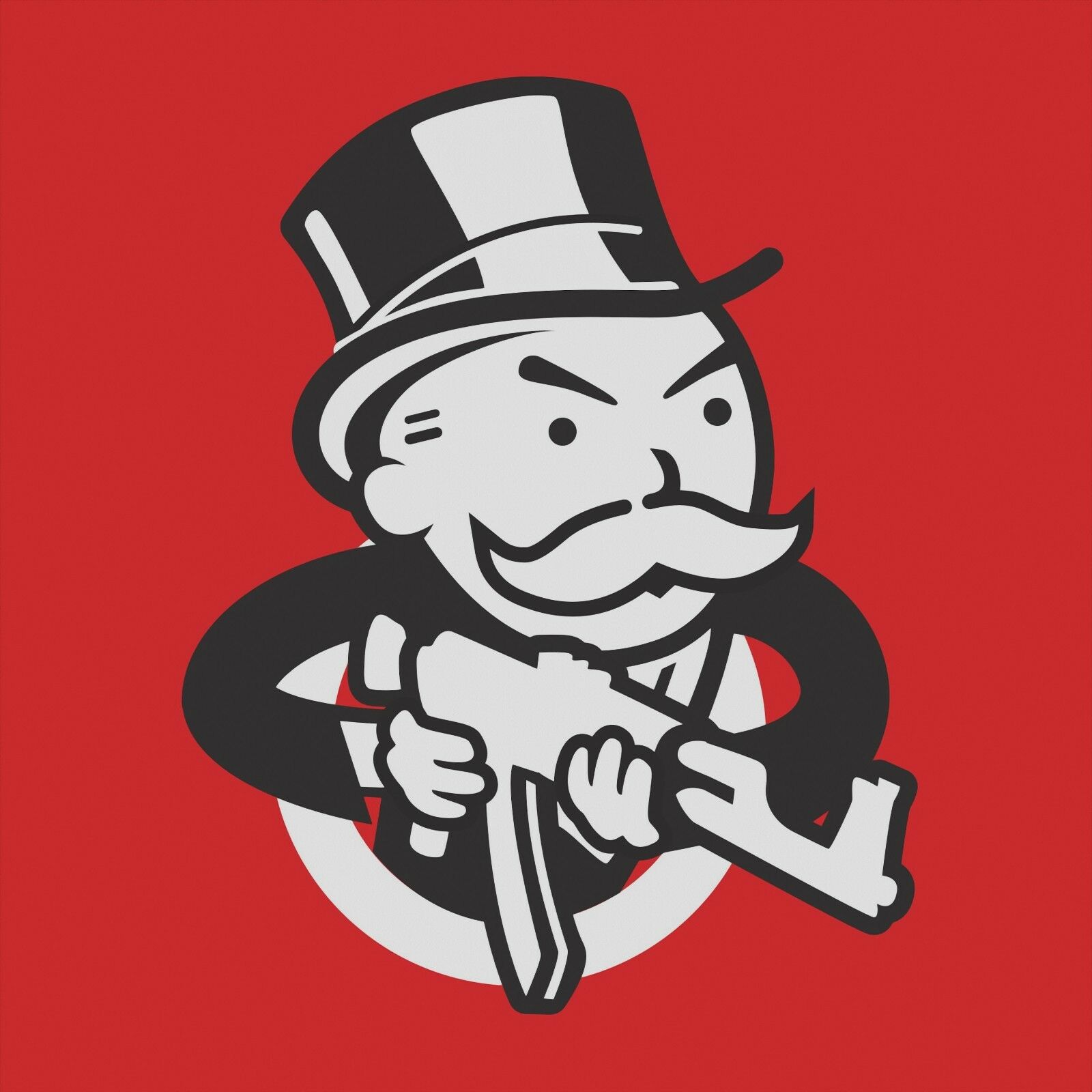Anyone who has ever tried to start a business knows the difficulty in just getting it off the ground. Ignoring licensing, etc., consider that most potential entrepreneurs start off in a financial hole. If you have to hire employees this will be your biggest expense. The necessity of a brick and mortar location adds another hurdle to success. Then, most importantly, what are you offering? Most will have to provide a good or service that the public wants or needs to stay in business and climb out of the “red.” This can take months but in many cases the timeline is longer. Much longer.
But what if there were another way. What if one had the power to force people to consume their good or service. And not only that, but could dictate whether competition could rise up to challenge them. Imagine that they held a monopoly on the biggest guns so that anyone who would question their authority would be crushed under their feet. That might be obvious to people though. The subjects may question whether they were living under tyranny. What if some of the brightest minds in the “agency” came up with a plan to educate their “customers” from the time they begin to speak that without their services there are people who want to kill them and that their organization would be the only one capable of protecting them from the “barbarians at the gate.”
Of course, these services will not be free so the “agency” will require payment. But don’t worry about having to come out of pocket for it, you won’t even notice because before you get paid by your employer, they will extract just the right amount they need to “service” you. They will allow you some control over the amount extracted per pay period but you will have to offer an accounting at the end of the year. If you miscalculate you will have to write them a check for the amount you tried to hold back or face consequences. And since they have the “big guns” you will comply.
There may come a time when this “agency” decides that they cannot provide these “services” properly; that they need more help. So, they may go on a hiring spree. These are new workers that will have to be paid. Since these new employees are working for your “benefit,” the amount the agency requires from you will have to be increased. Do you have a say in this? Well, you can say something, but ultimately this is a required service and their people need to be compensated.
The “agency” allows for businesses to register with them so that these businesses can provide services that they don’t (in some cases they may even allow competition, but on their terms). By doing so, these “non-agency” businesses submit to certain guidelines that must be followed or they suffer the wrath of the “agency.” If one of these “approved” businesses becomes successful they too will have to pay the “protection service” fees. In many cases at a greater rate than an individual.
The smart, approved business will realize that one of the most important things it can do is get on the “agency’s” good side. So, they will send their representative to members of the “agency” and offer them additional (private) fees in exchange for special “privileges.” What kind of “privilege” would an approved business want? Since the “agency” decides who can do business and not, they may make it so that the approved business can operate with no competition. The “agency” may pass laws that say that only “approved company A” can operate within a certain land mass. In addition, the “agency” may grant members of “approved company A” certain immunities if their business were to harm one of their customers. “Approved company A” may be held liable but the person or persons within who made the ultimate decision that resulted in damages are not.
In some special cases, especially if “approved company A” is doing business on behalf of the “agency,” the “agency” may make it so that “approved company A” cannot be held liable at all. The “agency” may decide to take on the burden of the liabilities for “approved company A.” Of course, this expense will have to be funded from somewhere so the agency will probably increase the fees charged to individuals. Again, do you have a say in this? Not likely.
To go back to where we started, what choices does the enterprising individual have within such a system? The “agency” has obviously placed obstacles in their way that can be overcome (but in many cases such as “approved agency A,” the individual may not be able to even open a business in his location). What if the individual’s business were to interfere with “services” offered by the “agency?” They will either be denied access or forced into “going into business” with said “agency.”
In the worst-case scenario, if the individual has a breakthrough product, one that could change the world, but the “agency” denies “permission” for it to be produced, what can the entrepreneur do?
When faced with such obstacles that need to be overcome, is it any wonder that so few even bother trying? In the scenario of facing down a monopoly, especially one with the license to end your life, one may ask how innovation happens at all.































